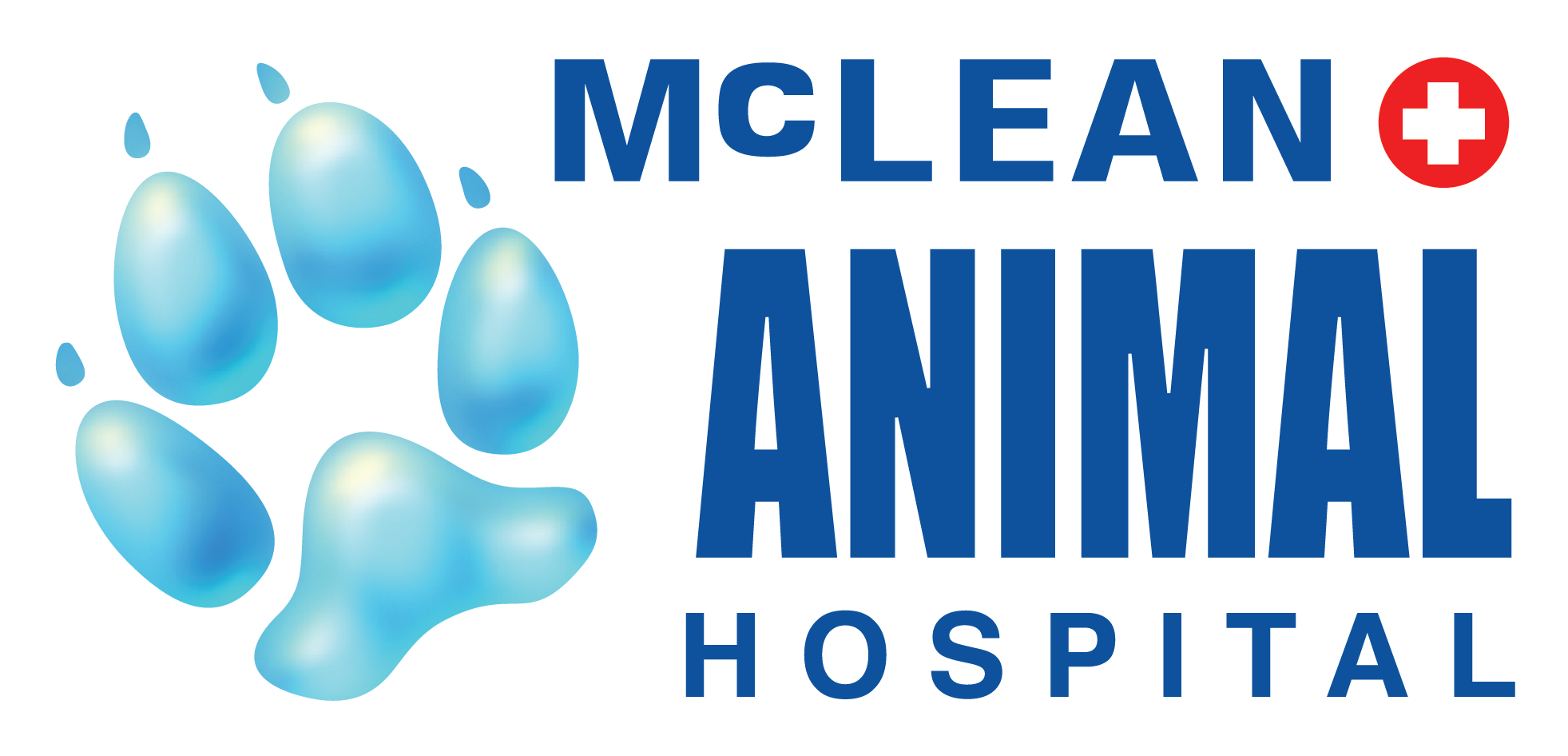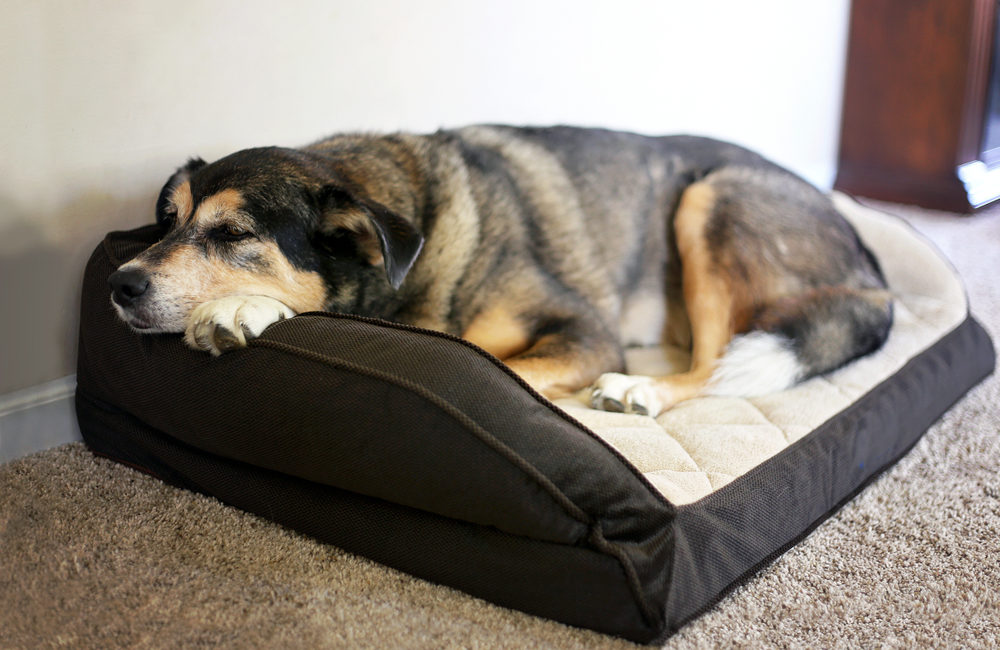As animal nutrition and medical care continue to advance, pets are living longer than ever. As a result, veterinary patients are getting older.
Various studies have demonstrated that 20% to 40% of dogs and cats presented to small animal hospitals are 7 years of age or older. This number is likely to continue to grow.
Here at Mclean Animal Hospital, we have developed a specific geriatric wellness program for the routine health care of senior pets, similar to the programs already in place for puppies and kittens. Recognizing the special concerns associated with ageing is critical to helping geriatric pets live long, high-quality lives and to enabling clients and their pets to enjoy the animals’ final months or years.
Older animals can have numerous health care issues. As the body ages, key organ functions deteriorate. Renal (kidney) insufficiency, heart disease, vision loss, hearing loss, endocrine disorders, periodontal disease, cognitive dysfunction, degenerative joint conditions, and cancer are more common as pets grow older. Risk factors that have been present for life, such as obesity or poor dental maintenance, exacerbate the ageing process.
Consequently, new risk factors may develop. The older dog with arthritis is probably less active, which can lead to weight gain. With proper management, many of the disorders common in mature pets can be prevented, managed, or treated, providing greater comfort and adding years to pets’ lives.
Goals of wellness for older pets include recognizing and controlling or eliminating risk factors, detecting diseases early, treating existing disease, and supporting remaining function. The core of most geriatric wellness programs is regular health screenings. For younger animals, routine screening is usually limited to an annual physical examination and, possibly, tests for parasites or infectious diseases. For many older pets, this would be inadequate. In particular, older pets are much more likely to harbour preclinical illnesses. If caught early, some of these illnesses can be treated with some degree of success. Therefore, the geriatric screening begins with a comprehensive physical examination but typically should include a rigorous battery of diagnostic tests.
- Physical examination
- Complete Blood Count, Blood Chemistry Profile and Thyroid Test
Urinalysis
Additional Tests:
- Radiograph
- Ultrasound
- ECG
- Blood pressure determination
- Parasite Testing (fecal analysis and heartworm testing)
- Infectious diseases determination (FeLV, FIV)
- Dental Prophylaxis and Periodontal treatment
- Management of Chronic Illnesses (diabetes, thyroid, heart disease)
- Treatment of neoplasia
- Vision Screening
- Weight management
Other Supportive care and treatments:
- Pain management and chondroprotective supplement
- Fluid therapy
- Condition-specific diet
- Physical therapy
- Vaccinations
- Grooming and Oral Health maintenance
Providing quality geriatric care is a critical part of veterinary practice as a whole and should not be overlooked. Many veterinary professionals take great satisfaction in knowing they have done everything in their power to care for each patient and owner from the beginning of the pet’s life until the end. This is the core of a bond-centered practice. Clients who experience this type of care show their appreciation in many ways, most expressively by returning again when they are ready to accept a new animal into their hearts and homes.
Written by: Roselle Batalla, VT




